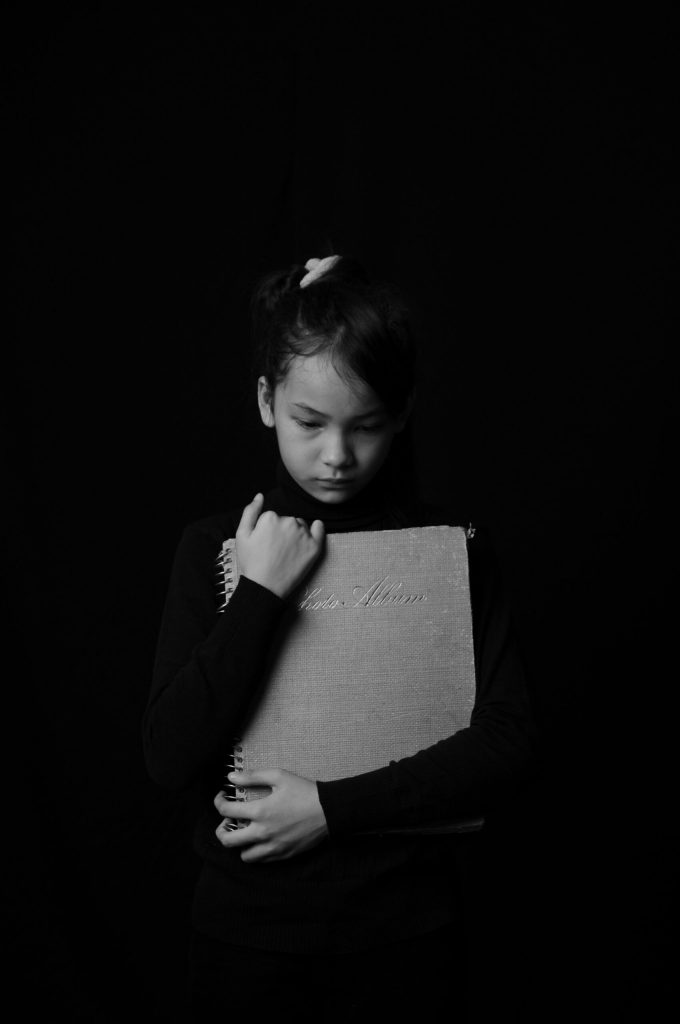Attention Deficit Hyperactive Disorder (ADHD) and depression can be what doctors call coexisting conditions.
Some symptoms of ADHD and depression can mimic each other, so it becomes harder to diagnose or identify depression in a child with ADHD.
Depression is more than just the occasional blues; it is deep sadness and despair felt for two weeks or more.
According to https://www.psychiatry.org/, the following are common symptoms of depression.
I will show you how symptoms of ADHD may overlap with symptoms of depression, making it difficult to identify depression while having ADHD.
Depression symptoms can vary from mild to severe and can include:
- Feeling sad or having a depressed mood – Boys and girls show signs of ADHD differently; for example, girls are more likely to withdraw, and boys are more likely to show hyperactivity. Therefore, if your little girl has a depressed mood, you might not notice because she’s usually withdrawn as it is.
- Loss of interest or pleasure in activities once enjoyed – ADHD causes an attention deficit which affects how a child focuses and completes tasks. Because it is so similar to the symptom of depression, it is hard to figure out if it’s ADHD or has depression added on.
- Changes in appetite — weight loss or gain unrelated to dieting – Kids with ADHD are usually hypersensitive, including sensitivities to certain foods.
- Trouble sleeping or sleeping too much – Kids with ADHD usually have disturbed sleep. They typically have difficulty getting to sleep and staying asleep.
- Loss of energy or increased fatigue – Kids with ADHD have fluctuations in energy levels; one second, they are bouncing off the walls the next second, they don’t have ‘energy’ to take a shower.
- An increase in purposeless physical activity (e.g., inability to sit still, pacing, hand-wringing) or slowed movements or speech (these actions must be severe enough to be observable by others) – inability to sit still is like the most apparent symptom of ADHD.
- Feeling worthless or guilty – Brains with ADHD are low on dopamine, and as kids grow, they realize they are different than their peers, which can cause feelings of self-doubt, worthlessness and guilt.
- Difficulty thinking, concentrating or making decisions – Classic ADHD symptom, concentrating on one task is a challenge and therefore making informed decisions is more complicated too.
- Thoughts of death or suicide – Depending on the severity of depression, these thoughts can occur at any age, and because the ADHD brain is low on dopamine is easier to get to these thoughts.
Diagnoses
The best way of identifying either of these conditions is to speak to a professional who can tell the difference between the symptoms of depression and the symptoms of ADHD. They can determine if a child with ADHD is also depressed since these can be coexisting conditions.
Treatment
Usually, the best treatment for both of these is a combination of medication and psychotherapy.
Call us to learn more about our holistic approach to treating ADHD and its coexisting conditions.
1-866-503-7454

